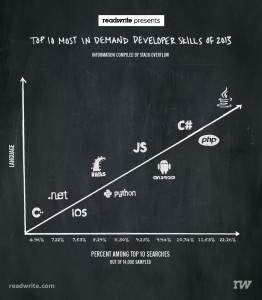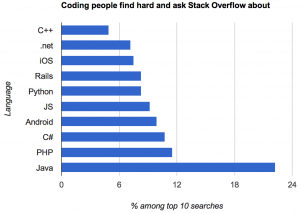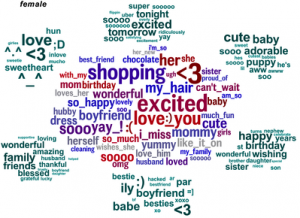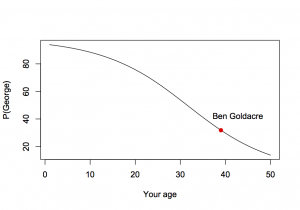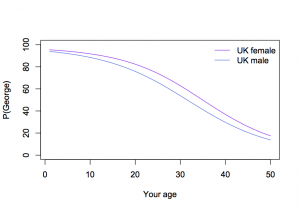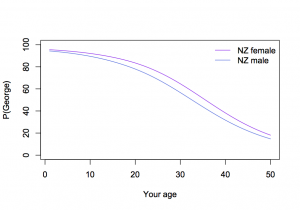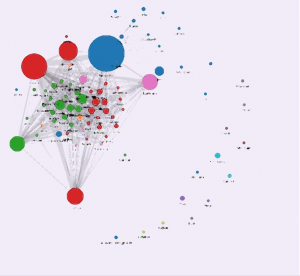Private-sector surveillance
A maths-free article on data mining and surveillance, from the New York Review of Books
Using techniques ranging from supermarket loyalty cards to targeted advertising on Facebook, private companies systematically collect very personal information, from who you are, to what you do, to what you buy. Data about your online and offline behavior are combined, analyzed, and sold to marketers, corporations, governments, and even criminals. The scope of this collection, aggregation, and brokering of information is similar to, if not larger than, that of theNSA, yet it is almost entirely unregulated and many of the activities of data-mining and digital marketing firms are not publicly known at all.
